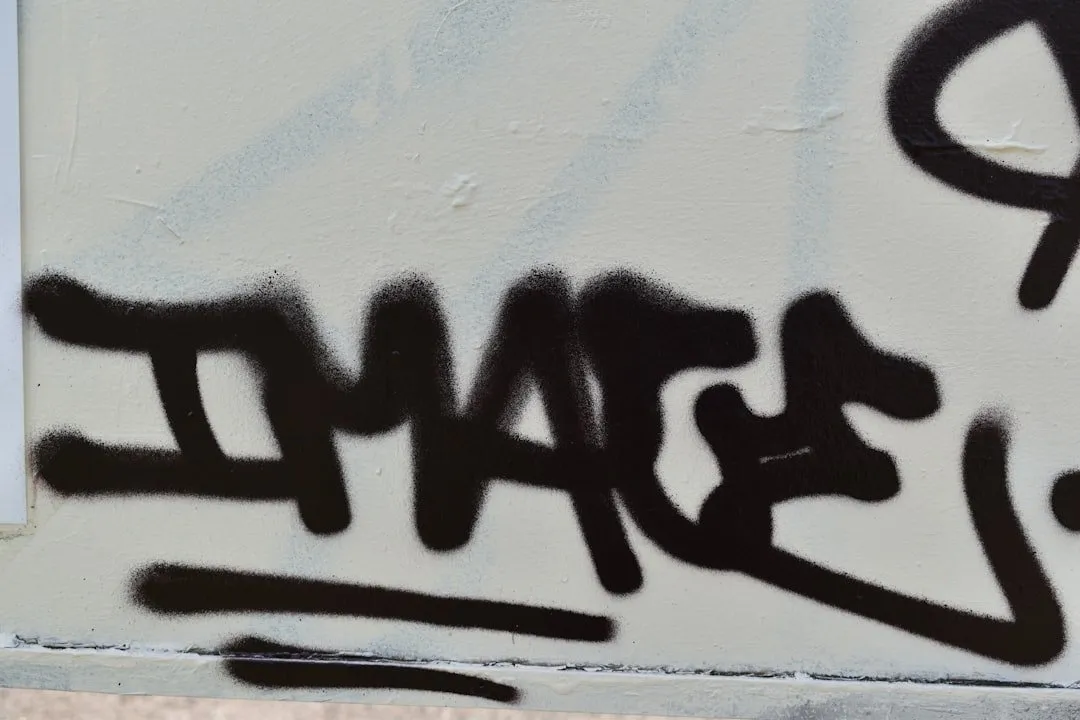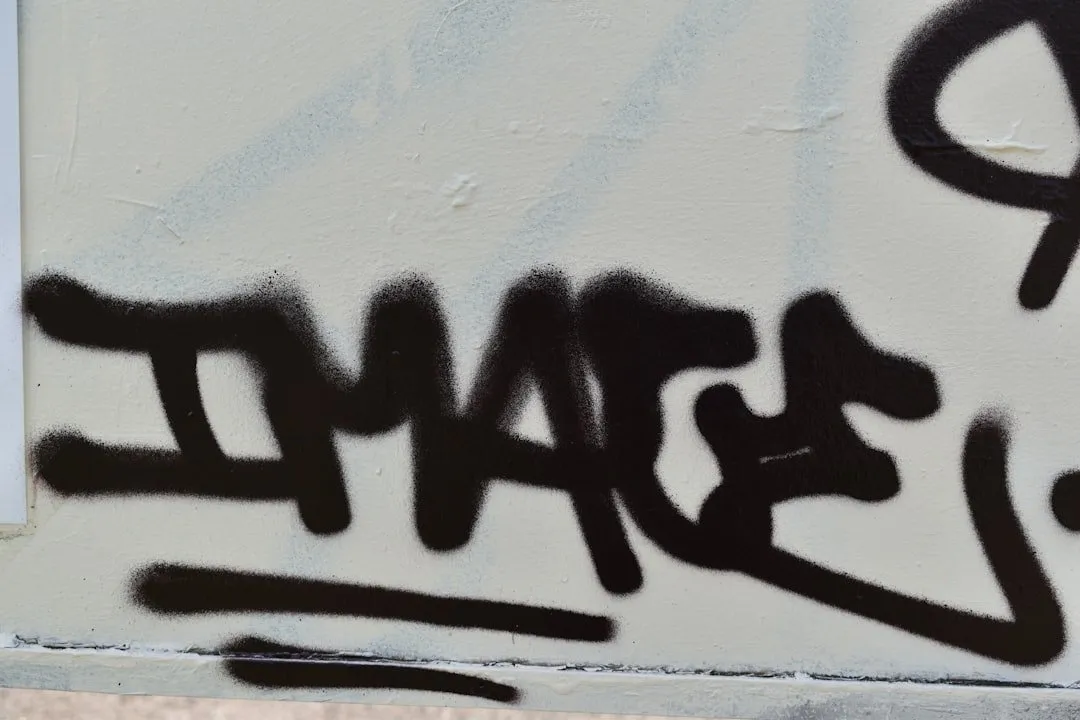In 2023, Mississippi implemented a kratom ban, joining other states in restricting this natural alternative for opioid addiction treatment. While kratom has gained popularity for its potential therapeutic benefits, including pain management and withdrawal relief, its legal status varies globally. The debate around kratom's use continues, with advocates arguing for regulated access to mitigate risks. Following the Mississippi ban, it's crucial to explore safer alternatives like cognitive-behavioral therapy (CBT), motivational interviewing, and medication-assisted treatment (MAT), which are evidence-based and have proven long-term benefits in addiction recovery.
“Kratom, a natural herb gaining attention for its potential therapeutic effects, has sparked debates, especially with the recent kratom ban in Mississippi 2023. This article delves into the complex world of kratom as an addiction recovery tool. We explore its mechanisms and benefits while shedding light on the controversies surrounding it. Furthermore, we present alternative addiction treatment options, offering a comprehensive guide for those seeking effective, safe paths to recovery, especially post-kratom ban limitations.”
- Understanding Kratom and Its Potential Role in Addiction Recovery
- The Kratom Ban in Mississippi: An Overview and Its Implications
- Exploring Safe and Effective Addiction Treatment Alternatives to Kratom
Understanding Kratom and Its Potential Role in Addiction Recovery

Kratom, scientifically known as Mitragyna speciosa, is a tropical tree native to Southeast Asia. Its leaves contain alkaloids that interact with opioid receptors in the brain, offering potential therapeutic benefits for those struggling with addiction. While it has gained popularity as a natural alternative for pain management and withdrawal relief, its legal status varies worldwide, including a recent kratom ban in Mississippi in 2023, reflecting ongoing debates about its safety and efficacy.
In the context of addiction recovery, kratom is sometimes explored as a tool to alleviate withdrawal symptoms, reduce cravings, and improve mood. Its effects can be similar to those of prescription opioids but with potentially fewer side effects. However, it’s crucial to approach this alternative with caution, considering individual responses may vary, and further research is needed to fully understand its role in addiction treatment.
The Kratom Ban in Mississippi: An Overview and Its Implications

In 2023, Mississippi joined several other states in implementing a kratom ban, sparking significant debate within the addiction treatment community. Kratom, derived from the Mitragyna speciosa plant, has been used for centuries as an alternative treatment for opioid addiction due to its natural pain-relieving and mood-enhancing properties. However, the Mississippi kratom ban reflects growing concerns over its potential misuse and risks, including tolerance development, withdrawal symptoms, and the possibility of it being mixed with other substances.
This new legislation prohibits the sale, possession, and distribution of kratom within the state’s borders. The implications are wide-reaching, particularly for individuals relying on kratom as a supportive tool in their addiction recovery journeys. Many advocates argue that such bans may hinder access to alternative treatment options and drive users towards more harmful substances or illegal markets. Others emphasize the need for regulated access and education to mitigate risks associated with kratom use.
Exploring Safe and Effective Addiction Treatment Alternatives to Kratom

In recent years, there’s been a growing interest in alternative addiction treatment options, with Kratom emerging as a potential solution. However, it’s essential to approach this natural remedy with caution and explore safer alternatives, especially considering the recent kratom ban in Mississippi 2023. While some people find relief through herbal supplements, others may benefit from evidence-based therapies like cognitive-behavioral therapy (CBT), motivational interviewing, or medication-assisted treatment (MAT).
These traditional and approved methods have a solid foundation in scientific research and offer long-term benefits for managing addiction. They focus on addressing the underlying causes of substance use disorders, providing patients with the tools to stay sober and improve their overall well-being. As we navigate the complexities of addiction recovery, it’s crucial to stay informed about legitimate treatment options that can lead to sustainable healing without potential risks associated with unregulated substances like Kratom.
Despite the ongoing debate surrounding kratom, particularly in light of the 2023 kratom ban in Mississippi, it’s crucial to explore evidence-based alternatives for addiction treatment. While kratom has shown potential as a complementary tool in recovery, its legality and safety remain contested. With the increasing restrictions like the kratom ban in Mississippi, the focus should shift towards understanding and promoting accessible, safe, and effective addiction treatment options that cater to individual needs without relying on unregulated substances.














